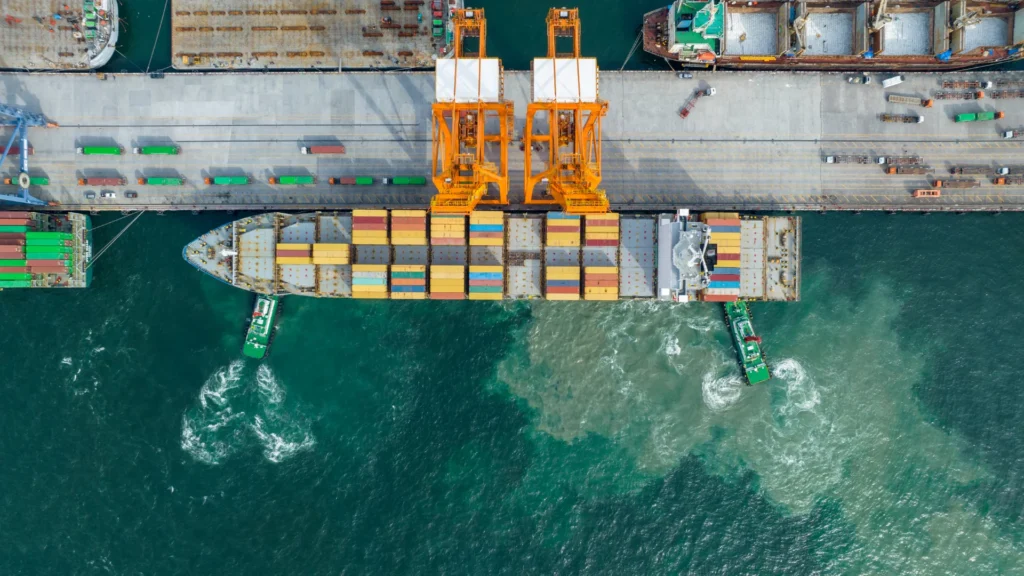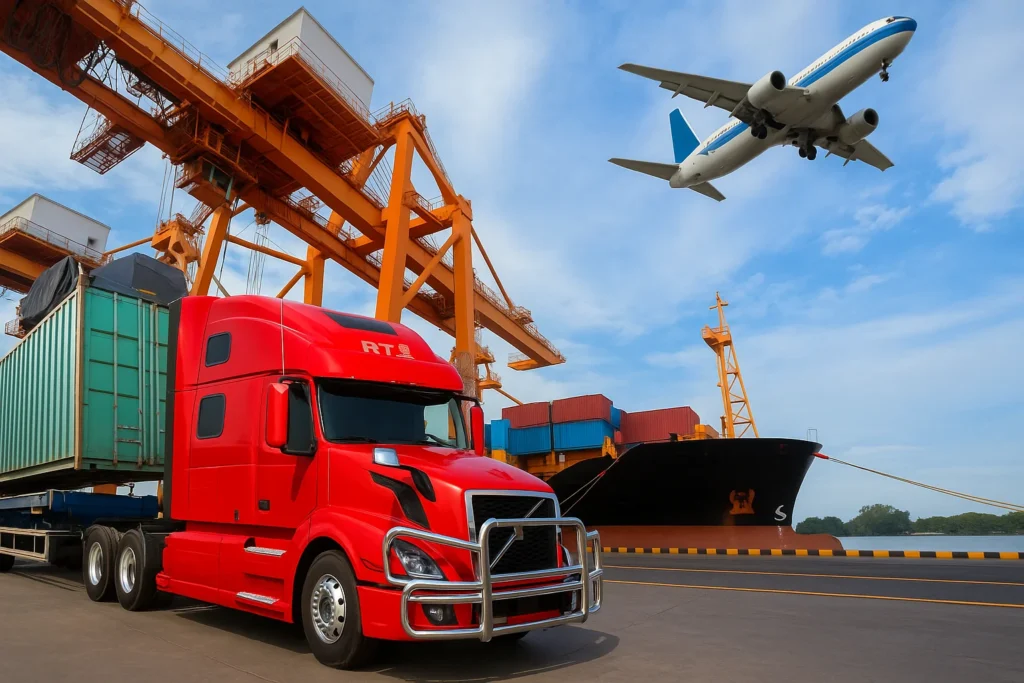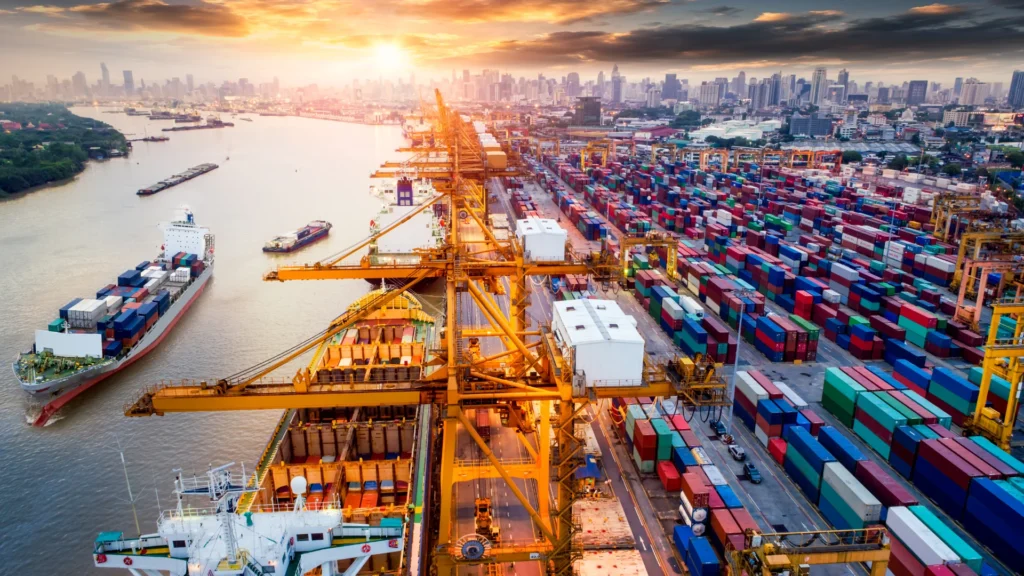The Tech Revolution in Logistics: A Glimpse into the Future
The logistics industry is undergoing a seismic shift, driven by rapid advancements in technology. From artificial intelligence to blockchain, these innovations are not just enhancing efficiency but are fundamentally transforming how goods are moved, stored, and delivered. As we stand on the brink of this tech revolution, it’s essential to explore how these changes are shaping the future of logistics and what they mean for businesses and consumers alike. The Driving Forces of Change The Impact on Businesses and Consumers For businesses, the tech revolution in logistics offers numerous benefits: For consumers, the benefits are equally compelling: Insurance: A Testament to Protecting What You Hold Dear Amidst this technological transformation, the role of insurance remains crucial. As businesses invest in cutting-edge technologies and innovative logistics solutions, they face new risks and uncertainties. Insurance provides a safety net, offering financial protection and peace of mind in the face of potential disruptions. For instance, insurance policies can cover losses from technological failures, cyber-attacks, or liabilities arising from autonomous vehicle operations. By mitigating these risks, insurance enables businesses to embrace innovation with confidence, knowing that their investments and operations are safeguarded. The Future of Logistics: A Connected, Intelligent Ecosystem The future of logistics is a connected, intelligent ecosystem where technology seamlessly integrates every aspect of the supply chain. Imagine a world where AI-driven systems predict demand with pinpoint accuracy, autonomous vehicles deliver goods with minimal human intervention, and blockchain ensures complete transparency and security. This future is not just a possibility—it’s already taking shape. Companies that embrace these technologies today will be better positioned to thrive in the logistics landscape of tomorrow. The tech revolution in logistics is not just about efficiency and cost savings; it’s about creating a more resilient, sustainable, and customer-centric supply chain. Conclusion The tech revolution in logistics is transforming the industry in profound ways, offering unprecedented opportunities for businesses and consumers alike. From AI and IoT to blockchain and autonomous vehicles, these innovations are reshaping how goods are moved and managed, driving efficiency, transparency, and sustainability. As we navigate this exciting future, the commitment to protecting what we hold dear remains paramount. Insurance plays a vital role in this journey, providing the security needed to embrace innovation and navigate the complexities of the modern logistics landscape. Together, technology and insurance are paving the way for a smarter, more connected, and resilient logistics ecosystem.



